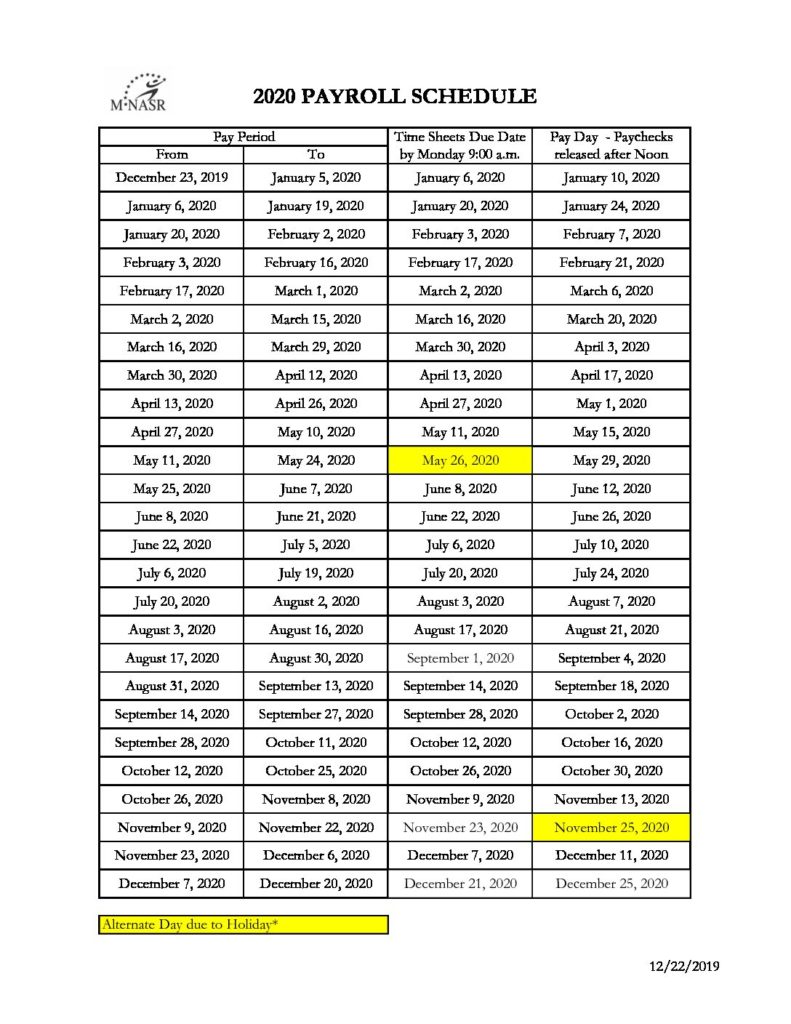

That’s the 6.2% for Social Security taxes and 1.45% for Medicare taxes that your employer withholds from every paycheck. One thing that doesn’t change, no matter where you live in the country, is FICA tax withholding. But it will also depend on your marital status, your pay frequency and any deductions from your earnings. The size of your paycheck will depend, of course, on your salary or wages.
Number of cities that have local income taxes: 0. Median household income: $86,566 (U.S. Please note, even if these deductions are allowable under federal law, they are not permitted under Massachusetts law. If an employer contributes to any, or all, of the above plans, it may deduct the hourly amount contributed from the “total rate.” If the employer does not contribute to any of the benefit plans listed above, then the employee’s hourly rate of pay will be the “total rate” from the wage rate schedule.Īll other deductions, including but not limited to any of the following, may not be deducted from the employee’s hourly prevailing wage rate. Only contributions to the following bona fide plans may be deducted: (Please see the Attorney General’s Advisory on the Massachusetts Independent Contractor/Misclassification Lawfor more information.) Prevailing wages must be paid to covered employees on public works projects regardless of whether they are employed by the general contractor, a filed sub-bidder, or any sub-contractor.Īll employees who perform work on a public works project must be paid the rate per hour according to the schedule issued for the particular project. If you are unsure which rate to pay an employee for any particular work, you must contact DLS at (617) 626-6953 for guidance.Īll wage increases listed on the wage rate schedule, if any, must be paid effective the specific dates listed.Įmployers are limited in the deductions that may be made from the hourly rate “total rate” on the wage rate schedules. In Massachusetts, all workers are presumed to be employees. The contractor should contact the awarding authority immediately and urge the awarding authority to contact DLS to correct the oversight. If an awarding authority fails to provide a contractor with a wage schedule, the contractor should not use one from another project. 
A copy of the wage rate schedule must be posted in a visible location at the work site.Appeals of wage determinations or classifications of employment may be made directly to the DLS Director.Once a wage rate schedule has been issued for a project by DLS, it will remain in effect for the entire project, except in the case of multi-year construction projects. For construction projects lasting more than one year, contractors must obtain updated wage rate schedules from the awarding authority.DLS will not issue original wage rate schedules directly to contractors or employees. It is the awarding authority’s (city, town, county, district, state agency, or authority) responsibility to ensure that a copy of the prevailing wage rate schedule is provided to all contractors from whom bids or quotes are sought.DLS also determines whether the prevailing wage applies to a given public works project.

DLS issues the required rates for each public construction project and determines which rates apply to which classifications. This is called the "prevailing wage rate schedule." Prevailing wage rate schedules are set by DLS based upon the rates established in local collective bargaining contracts.






 0 kommentar(er)
0 kommentar(er)
